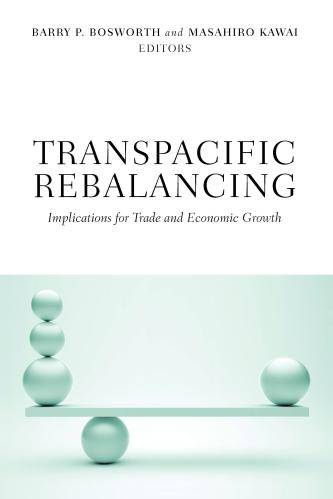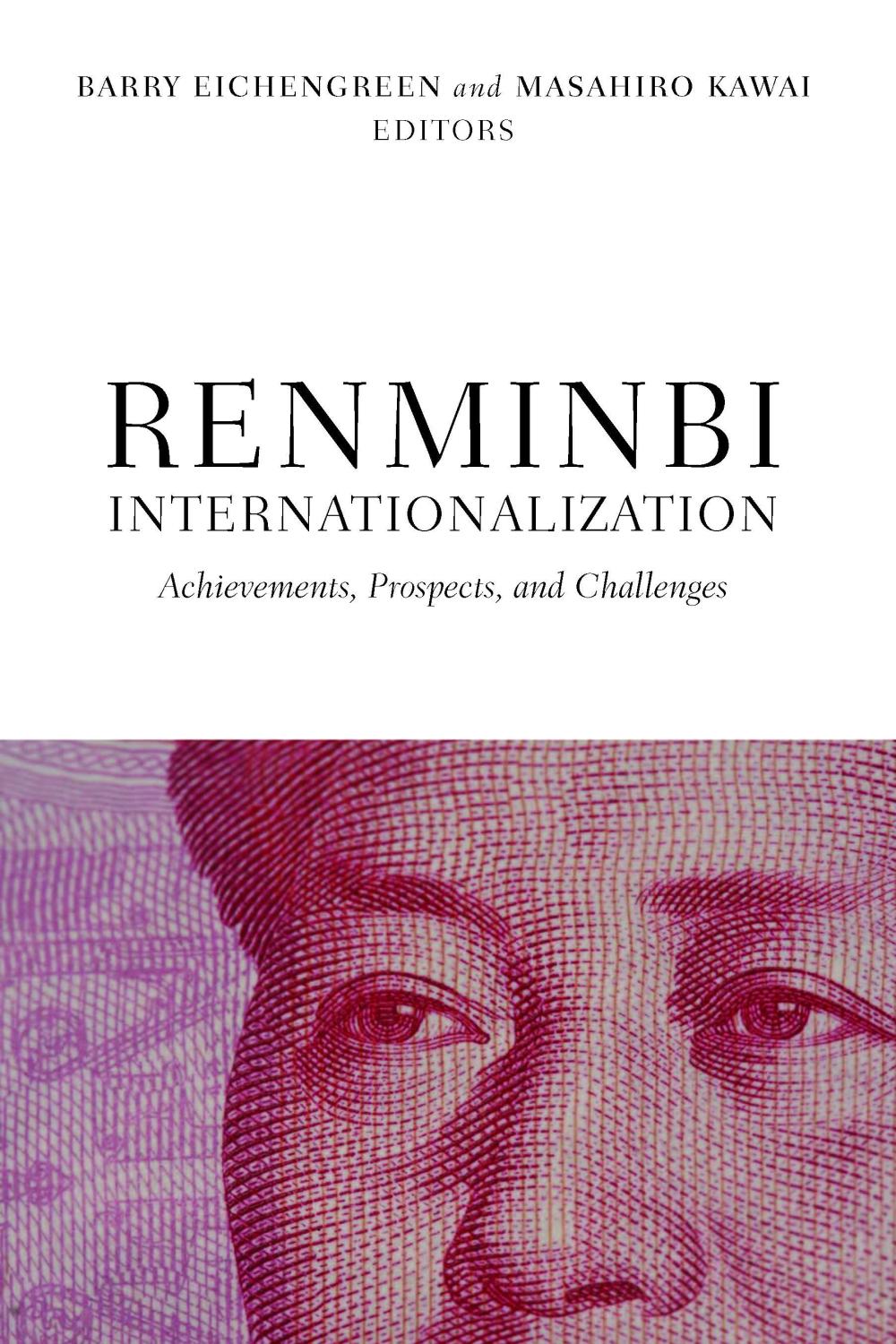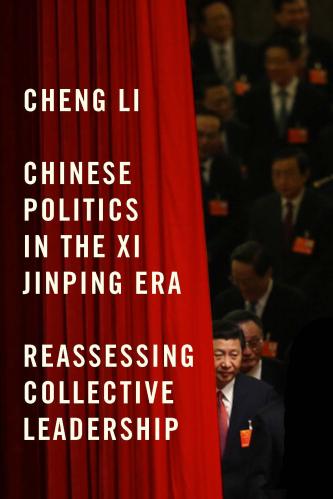


Book
A Brookings Institution Press and Asian Development Bank Institute publication Meet the next global currency: the Chinese renminbi, or the “redback.” Following the global financial crisis of 2008, China’s major...
Meet the next global currency: the Chinese renminbi, or the “redback.” Following the global financial crisis of 2008, China’s major monetary policy objective is the internationalization of the renminbi, that is, to create an inter-national role for its currency akin to the international role currently played by the U.S. dollar.
Renminbi internationalization is a hot topic, for good reason. It is, essentially, a window onto the Chinese government’s aspirations and the larger process of economic and financial transformation. Making the renminbi a global currency requires rebalancing the Chinese economy, developing the country’s financial markets and opening them to the rest of the world, and moving to a more flexible exchange rate. In other words, the internationalization of the renminbi is a monetary and financial issue with much broader supra-monetary and financial implications. This book offers a new perspective on the larger issues of economic, financial, and institutional change in what will eventually be the world’s largest economy.
Related Books

Barry P. Bosworth, Masahiro Kawai
January 20, 2015

Philippe Le Corre, Alain Sepulchre
May 17, 2016

Richard C. Bush
October 11, 2016

Cheng Li
October 18, 2016
Authors
Edited by


Barry Eichengreen is George C. Pardee and Helen N. Pardee Professor of Economics and Political Science at the University of California, Berkeley. His books include Hall of Mirrors: The Great Depression, the Great Recession, and the Uses—and Misuses—of History (Oxford, 2013).
Masahiro Kawai is project professor at the Graduate School of Public Policy, University of Tokyo. He was dean of the Asian Development Bank Institute from 2007 to 2014. Before this, he was special adviser to the ADB president in charge of regional economic cooperation and integration and professor of economics at the University of Tokyo's Institute of Social Science. Kawai served as chief economist for the World Bank's East Asia and the Pacific Region from 1998 to 2001, and as deputy vice minister of finance for international affairs of Japan's Ministry of Finance from 2001 to 2003.